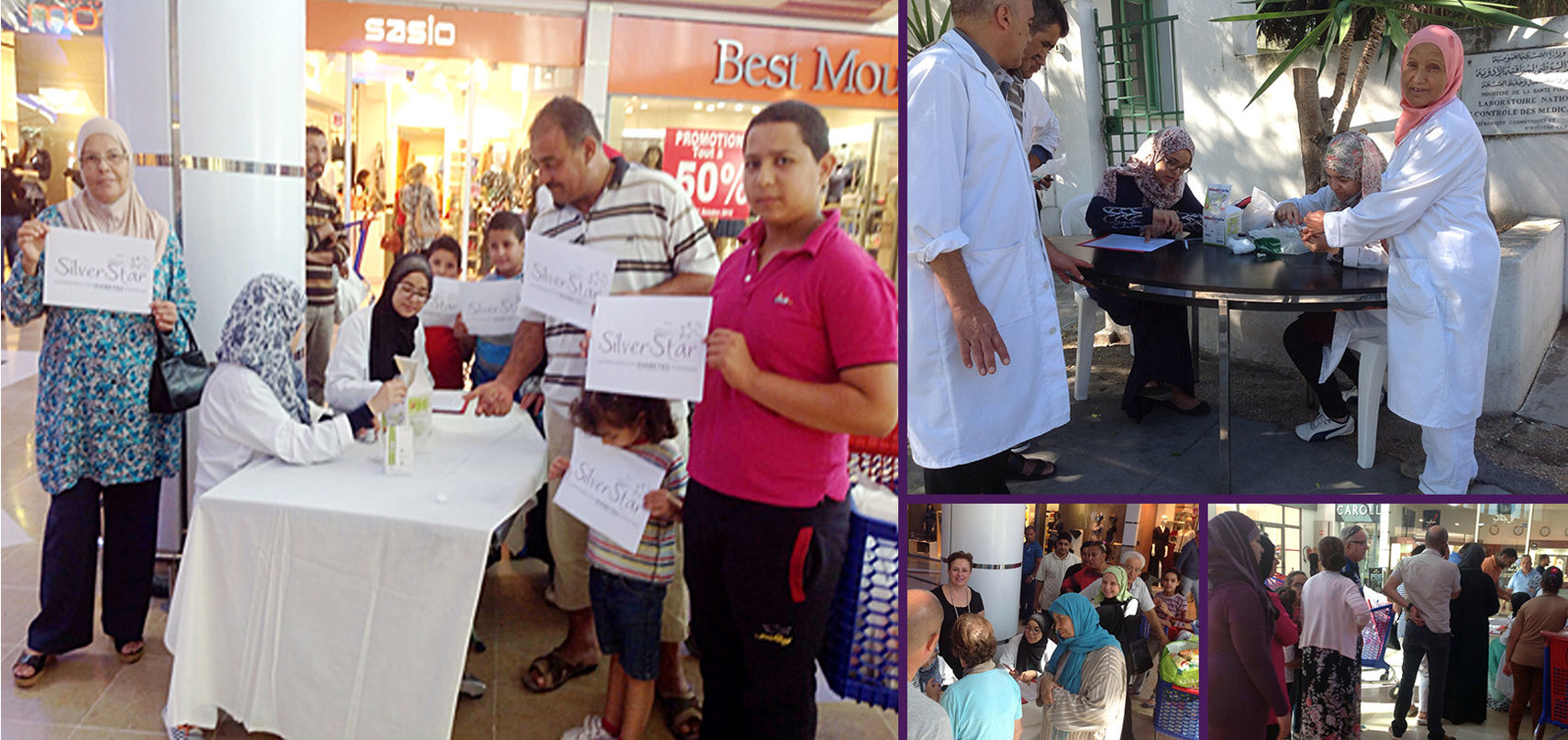
Lollipop Project

Diabetes Awareness

People who are suffering from diabetes in India
People tested for diabetes in the UK so far
Total number of people who visit us daily.



Know someone with diabetes? Just been diagnosed? Want to lower your risk?
Find out all you need to know about diabetes on our information pages.